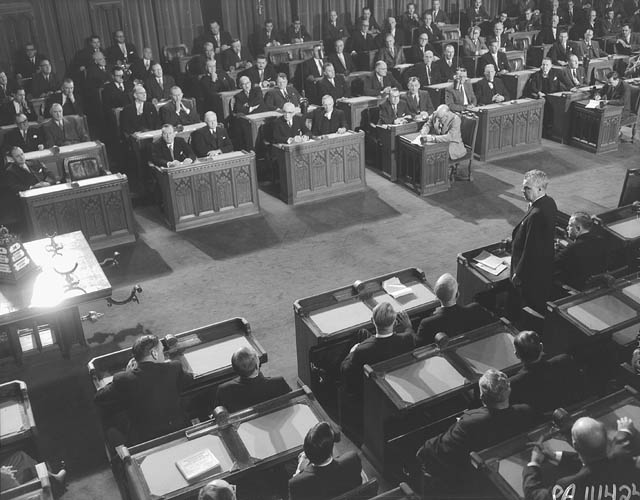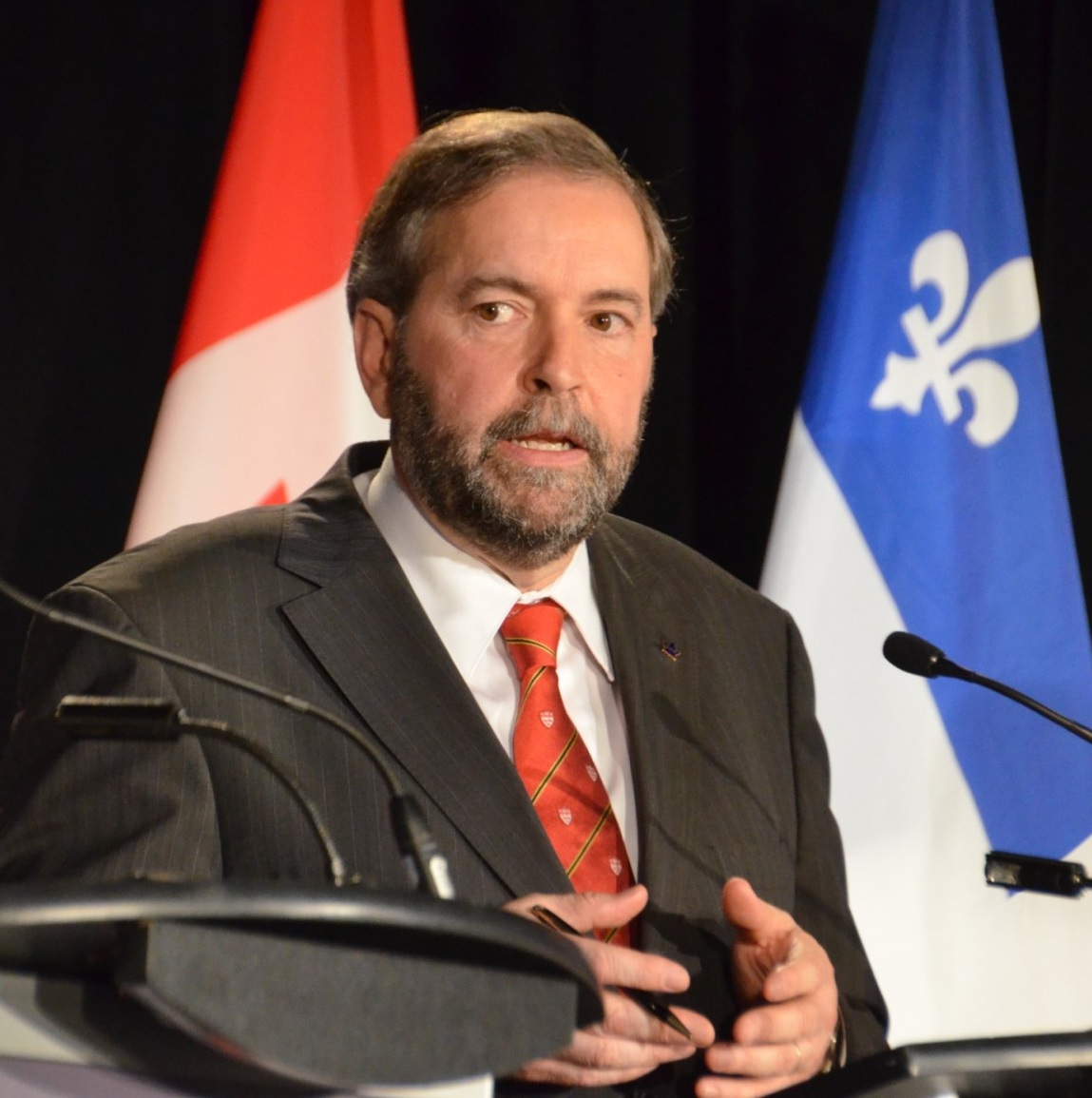The trees might be blooming now, but it wont be long until leaves will begin to turn yellow and red. The next federal election shall soon be upon us, whether we like it or not. Yet, I find myself baffled, foolhardy, and even, I dare say, perplexed. A great deal of people in their juvenile nature might point their finger at me and pronounce outright that I am neglecting my duties as a citizen. The only thing I can say to that is: what are my options?
In an age when politics has become even more about personalities rather than the ideals and principles upon which governing our nation could best be decided — namely democratic deliberation — what is someone who does not follow celebrity culture do? Yes it had to be brought to light. It seems that in the last few years, Canadian politics does not seem so different from your standard celebrity news spectacle.
It seems to have shifted from the “ideas” part of the rhetoric — not that it was only about that — to a complete personality-based silliness. Ask yourself: Is Trudeau really up for it as a leader, or is he using his legacy, looks, and personality as Rex Murphy argued two years ago in one of his CBC rants? Although at first I saw this as another facile Conservative-styled argument, it seems that it might turn out to be more true than one would think.
Yet, I ask, and I say that I have to ask, what are your other two feasible options? Muclair, whose lack of certainty and poise in his demeanor only makes for an infallibly weak leader, for what otherwise could be a decent left-wing party. Then there is Harper, who has become hated by some, and increasingly loved by others — especially now amid the controversial Bill C-51 which recently led to nation-wide protests. There are the independents who are there for no perceptible reasons whatsoever, but only to bring about the sensations that come with democracy.
I find myself sifting through different politically motivated articles through different newspapers, and I can only find the same answers to my ever-growing questions. Infallibly answered by characters and personalities. I fear, immeasurably so, that Trudeau might end up “pulling,” excuse the candor, an “Obama” on Canada. Specifically, if he gets elected he will promise many things, and will put up an image of transcendental “hope” and ride the wave of change until it becomes clear that he wont be able to do much, and in fact won’t. This, however, is the case with any candidate, regardless of what party she or he is from.
Perhaps my obstacle is that I am rather cynical, or perhaps better said, a realist. Especially when it comes to politics. They say that politics is the “art of the possible,” but I rather think it is the “art of the improbable.” Improbable in the sense that a great deal of the things that voters expect every year wont actually materialize.
The truth of the matter is simply that people are guided by the parties in their simple demonstrations of things such as their colors: orange, red, blue, green and so on. Each, led by personalities that we can appeal to depending on what we prefer, and our political inclinations. It seems rather simple, yet my mind cannot follow such collective bromides.
I can reasonably infer that I distrust myself enough to never completely ally myself with one party and one leader, precisely because I find there are some policies from each party that I can agree on, and others that I cannot. I find some Liberal policies to be bogus, while others completely valid, the same goes for the Conservatives and NDP. This leaves me, sadly, in a rather tremendous dilemma.
At times I can agree with all candidates, yet also disagree with all of them as well, only due to the fact that I follow a politics of issues, not that of men. Sometimes I wish, despite the obvious difficulties, that Canada would run along the lines of Switzerland’s political structure, where every issue has its own referendum. Yet, would we subject ourselves as Mill said to the “tyranny of the majority?”
You must realize that politics in this country has always been driven by personality, candor in speech, and presence. We love/loved our prime ministers, for their characters, and even their flaws. Yet, there is something very hollow, and I dare say, trivial going on. There seems to be a great lack of character and temperament, and to be honest charm, and a great deal of promises won’t fill that void. That goes for all candidates.
Now that we are left with men or women of no perceptible clout, what I am asking is that we look beyond political personalities although they are innate to the the political process and turn our attention to the issues as well, the ones which play such an important role to the future of Canada. A future mind you which is in the thoughts of all Canadians.
Despite the truth that it will be difficult to dissociate ourselves from personalities, as to do so is to go against an axiom of politics- a good smile on camera is perhaps more valuable, sadly, than any rhetoric that might come from any of the candidates, yet even that does not always prove to be of any value.
Where are the characters that are worth the rhetoric? Those such as Wilfred Laurier and Lester B. Pearson, whom have shaped this nation that holds the values which make us proud today?
Opinion by Milad Doroudian
Image by National Film Board of Canada, Library and Archives Canada.

